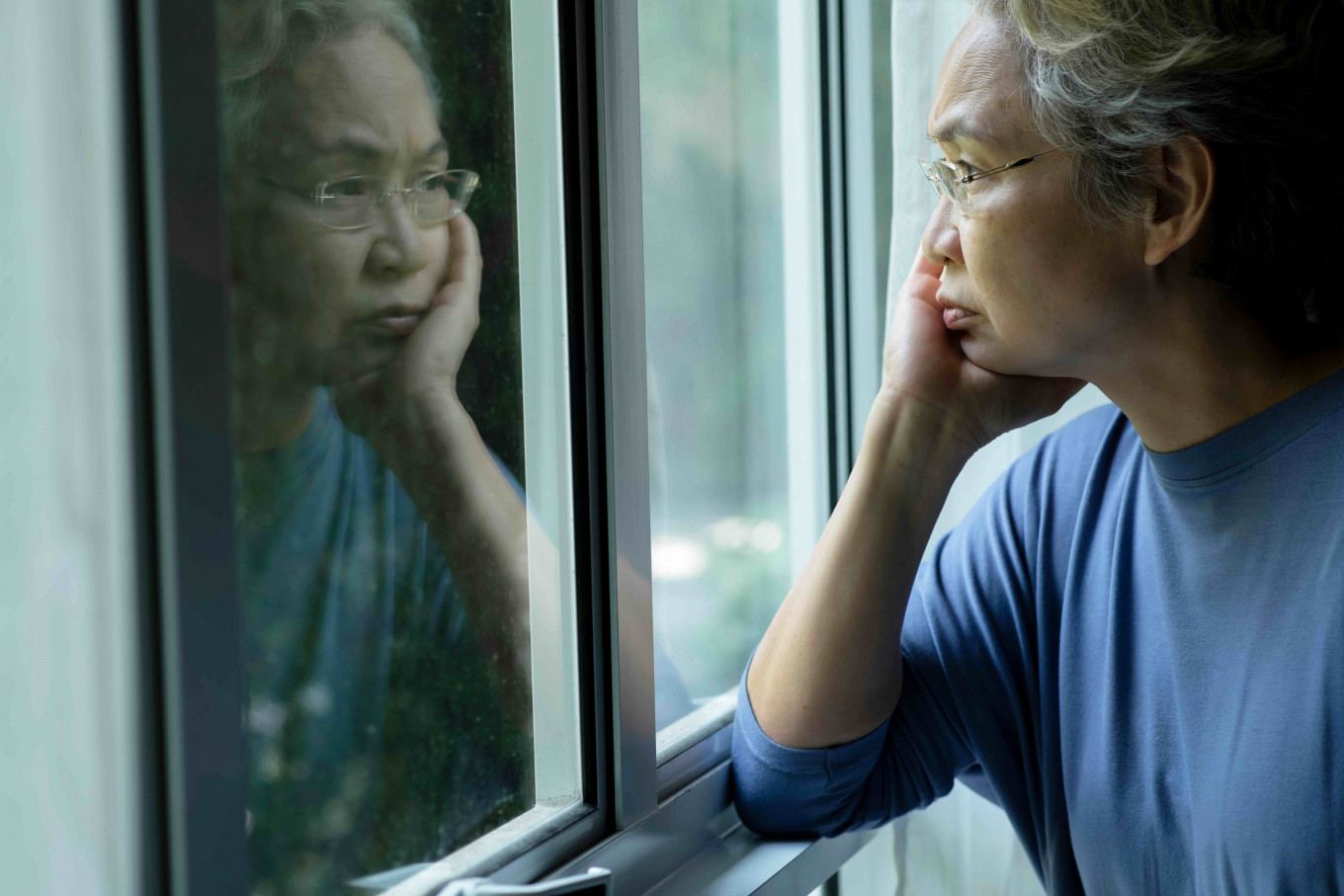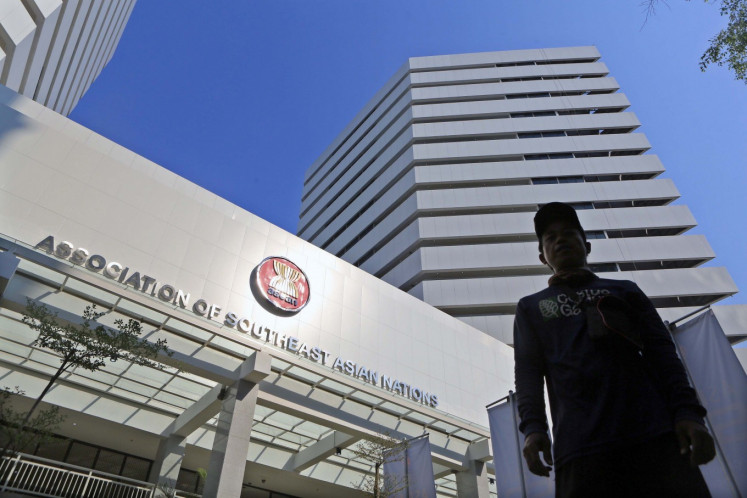Popular Reads
Top Results
Can't find what you're looking for?
View all search resultsPopular Reads
Top Results
Can't find what you're looking for?
View all search resultsLoneliness and isolation: The hidden threat to global health
Social health, our ability to form and maintain meaningful human connections, is just as essential to our well-being as physical and mental health.
Change text size
Gift Premium Articles
to Anyone
A
round the world, an invisible threat is increasing the risk of disease, shortening lives and fraying the fabric of our communities. Social disconnection, when a person lacks sufficient social contact, feels unsupported in their existing relationships or experiences negative or strained connections, is an increasingly serious but often overlooked danger to health and well-being.
There are several forms of social disconnection, including loneliness and social isolation.
Today, nearly one in six people globally report feeling lonely. Among adolescents and young adults, as well as people living in low-income countries, the rate is even higher. But loneliness and social isolation are not just emotional states, they can be lethal.
Between 2014 and 2019, loneliness was associated with more than 871,000 deaths annually, equivalent to 100 deaths per hour. We now have irrefutable evidence that social health, our ability to form and maintain meaningful human connections, is just as essential to our well-being as physical and mental health. Yet for too long, it has been ignored by health systems and policymakers alike.
The report of the World Health Organization Commission on Social Connection comes a month after the World Health Assembly adopted the first-ever resolution on social connection. The report marks a turning point for this serious global health threat and highlights the need for decisive leadership and action. The commission’s report charts a clear path forward with evidence-based strategies to reverse this scourge and strengthen the bonds that allow individuals and societies to thrive.
Humans are hardwired for connection. From our earliest years, relationships shape our brains, our emotions and our chances of living a healthy life. Conversely, disconnection, whether through loneliness or social isolation, can have devastating impacts: it increases the risk of heart disease, stroke, depression, anxiety, dementia and premature death. It can also result in poor school and work performance, and costs economies and societies billions per year.
But the good news is that solutions exist. The commission’s report outlines interventions that work, from national policies and community programs to campaigns and individual support strategies.
It highlights a range of successful examples: peer-to-peer support for low-income older people in South Africa; “social prescribing” of activities to older adults in the Republic of Korea, like music storytelling, gardening and self-help groups; integrating social connection into broader development policy in Djibouti; embedding it as part of ageing policies in Albania and in mental health policy in Spain; establishing dedicated national strategies in countries such as Denmark, Germany, Japan, Finland, the Netherlands and Sweden; and campaigns to encourage small acts of kindness in Australia, the United Kingdom and the United States.
We call on all countries to prioritize social connection.
This is not only about personal health and well-being. It is also a cornerstone of economic prosperity, national resilience and social cohesion. Societies that foster trust and connection are more innovative, more secure and better able to respond to crises. The COVID-19 pandemic brought this truth into stark relief. As lockdowns forced physical separation, the human need for connection became unmistakable, and so did the costs of its absence.
The WHO commission proposes a global road map built around five key pillars, Policy, Research, Interventions, Measurement and Engagement.
The key actions it calls for are to develop national policies that integrate social connection into health, education and labor agendas; invest in research to better understand what works; scale up culturally relevant and cost-effective interventions; collect better data to track the problem and measure progress; and build a global movement to change attitudes and reduce stigma.
It is critical that this movement include the voices of those who have endured the pain of loneliness and social isolation as they understand what real solutions look like.
As leaders, we cannot afford to remain passive. Every day we delay is another day of lost potential, unnecessary suffering and preventable death. But if we act boldly, collaboratively and compassionately, and on a large scale, we can build healthier, more connected and more resilient societies.
Social health is not a luxury. It is a human need. And now, more than ever, it must be a political priority.
***
Tedros Adhanom Ghebreyesus is director general of the World Health Organization. Chido Mpemba and Vivek Murthy are cochairs of the WHO Commission on Social Connection.











